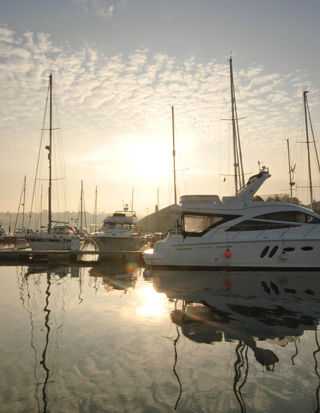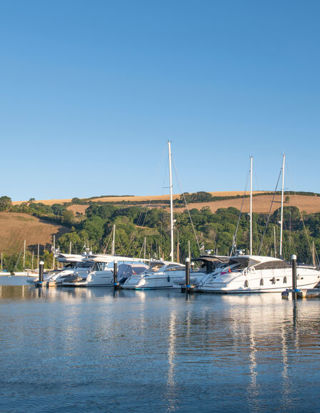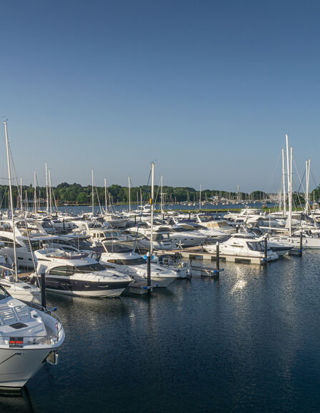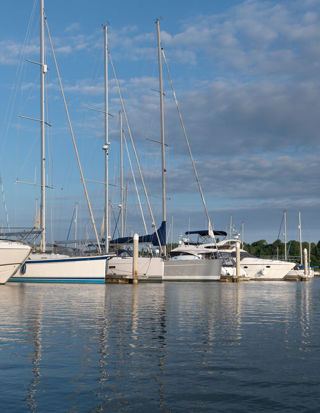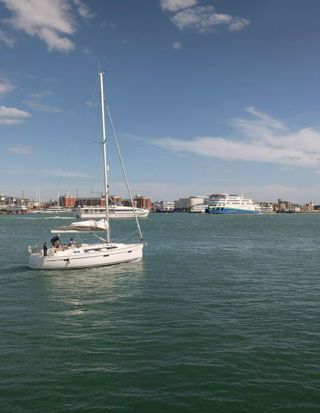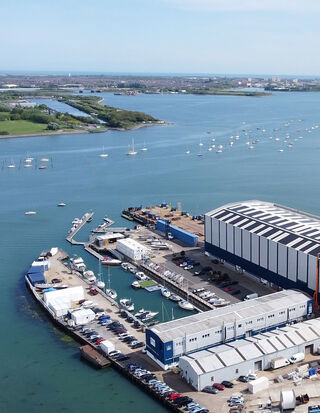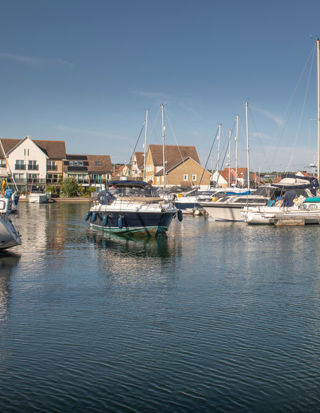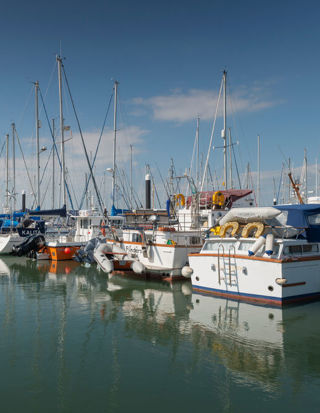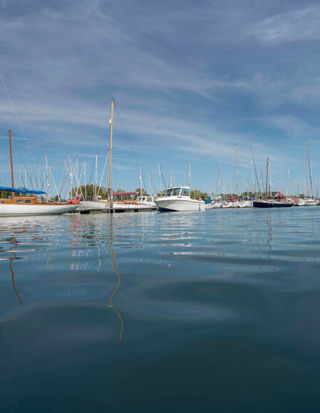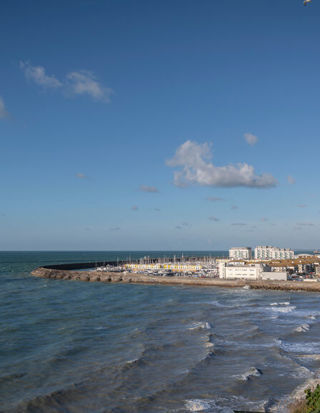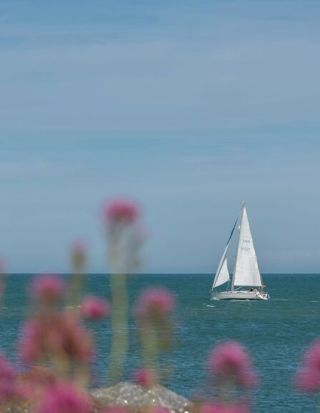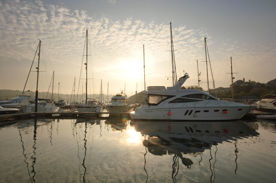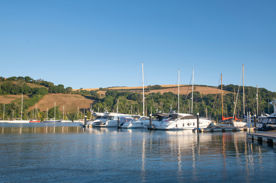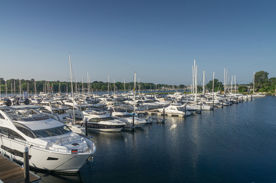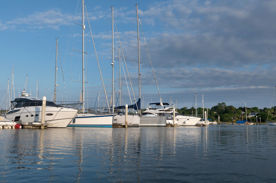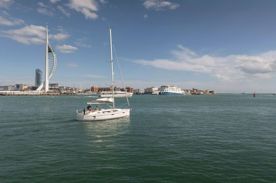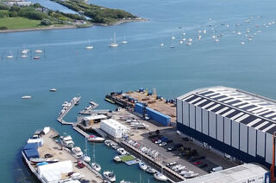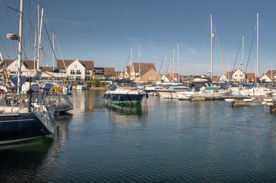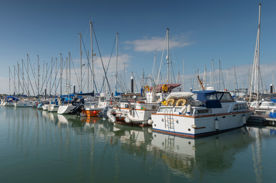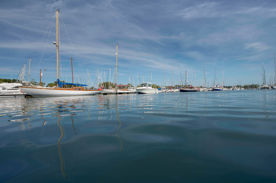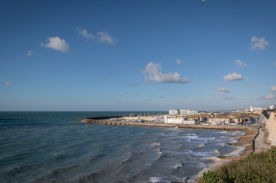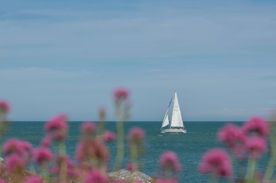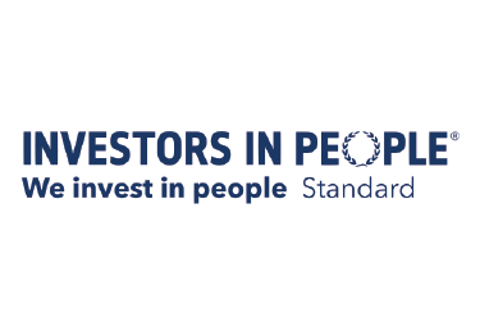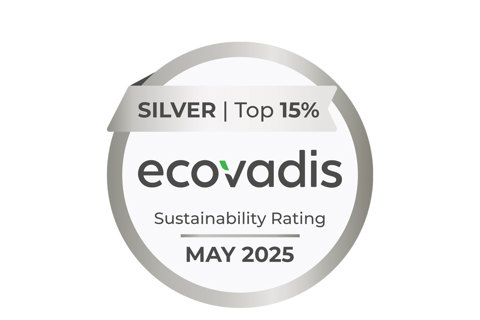The nature of our business places us in a position of responsibility to maintain the environment in which we operate and where our customers enjoy spending time.
Doing the right thing by our berth holders, tenants, employees and the communities in which we operate is integral to our success as a sustainable business. Our full Environment Policy can be found here.
We use a robust Environmental Management System (EMS) to provide the framework for setting, monitoring and auditing our targets. Below is a summary of our objectives.
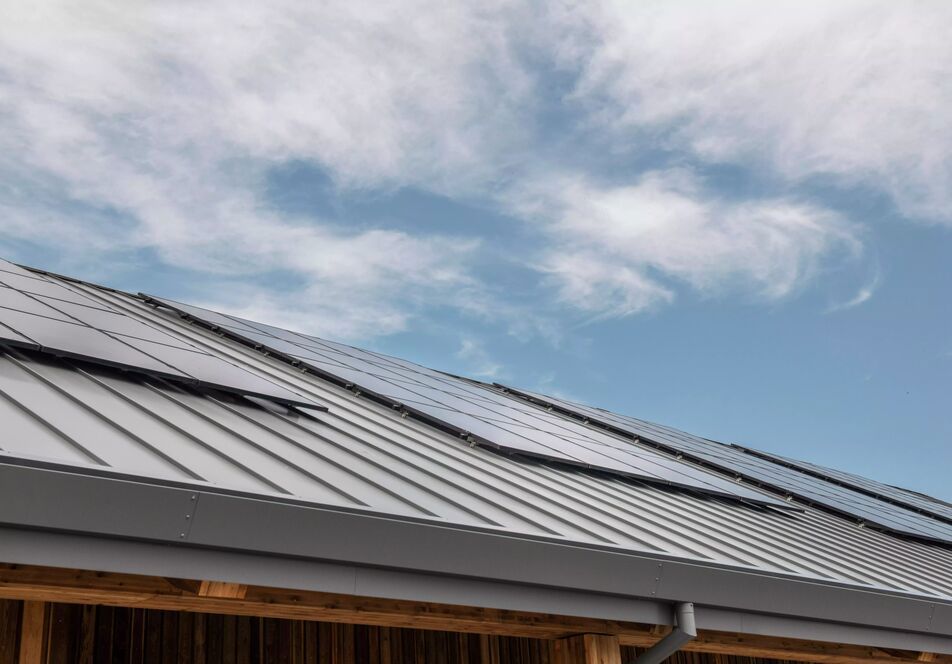
Our environmental objectives
- Reduce or prevent water and air pollution.
- Increase recycling and minimise waste.
- Use water and energy more efficiently.
- Promote renewable energy.
- Operate ‘greener’ plant and equipment.
- Supply greener fuel and manage spillages responsibly.
- Monitor water quality.
- Dredge responsibly.
- Use sustainable procurement.
- Encourage smarter travel choices.
- Influence marine users into more conscious habits and behaviours.
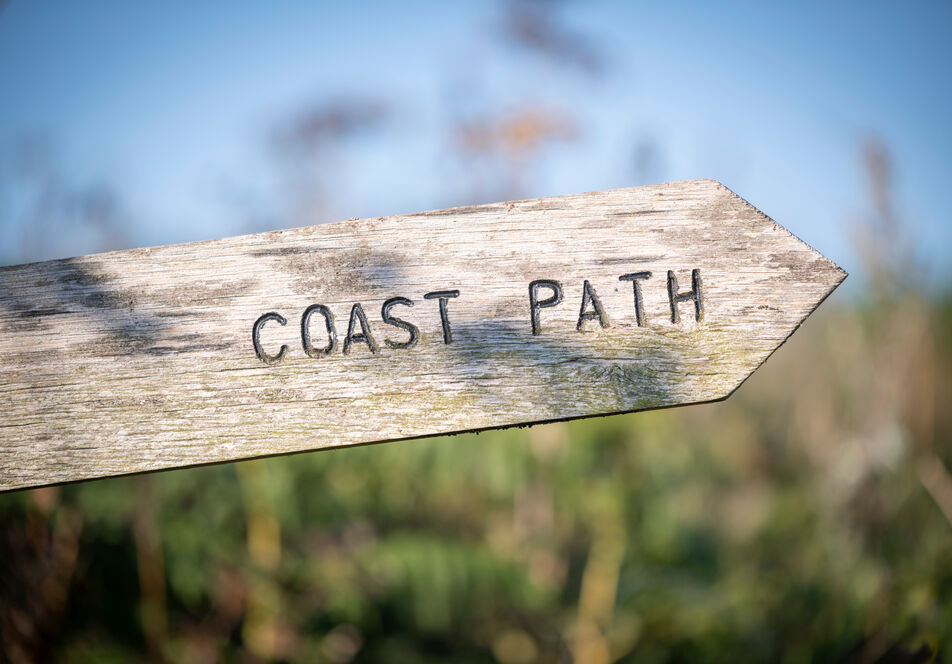
How we will achieve our environmental objectives
- Continue to develop our Environmental Management System (EMS).
- Establish formal systems to measure energy consumption and Greenhouse Gas (GHG) emissions.
- Deliver key performance indicators on GHGs, waste management, energy consumption, fuel consumption and procurement/purchasing records.
- Comply with legislation and regulation to ensure environmental advocacy.
- Ensure Premier Marinas staff understand their environmental responsibilities.
- Ensure compliance across all marinas.
- Communicate our objectives with key stakeholders.
Premier Marina Solar Energy Statistics
Total energy generated in the last 24 hours across all sites
Total energy generated in the last 12 months across all sites
For every 1 kWh of electricity generated, approximately 0.23314kg of CO2 is produced. For every 5000 kWh generated, Premier Marinas are saving approx. 1 tonne of Co2 emissions.
Total energy generated today at Chichester Marina
Total energy generated in the last 12 months at Chichester Marina
Total energy generated today at Falmouth Marina
Total energy generated in the last 12 months at Falmouth Marina
Total energy generated today at Gosport Marina
Total energy generated in the last 12 months at Gosport Marina
Total energy generated today at Haslar Marina
Total energy generated in the last 12 months at Haslar Marina
Total energy generated today at Noss on Dart Marina
Total energy generated in the last 12 months at Noss on Dart Marina
Total energy generated today at Port Solent Marina
Total energy generated in the last 12 months at Port Solent Marina
Total energy generated in the last 12 months at Southsea Marina
Total energy generated today at Sovereign Harbour
Total energy generated in the last 12 months at Sovereign Harbour
Total energy generated today at Swanwick Marina
Total energy generated in the last 12 months at Swanwick Marina
Total energy generated today at Trafalgar Wharf
Total energy generated in the last 12 months at Trafalgar Wharf
Total energy generated today at Universal Marina
Total energy generated in the last 12 months at Universal Marina


